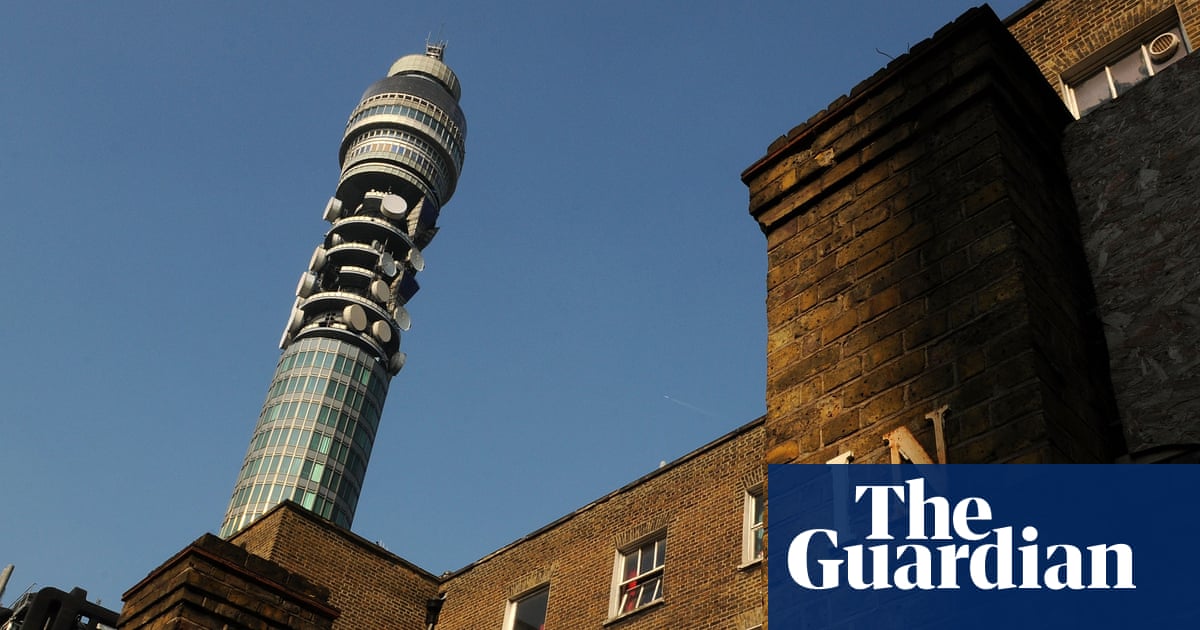
"They were places of crushing hardship for the poorest people in Britain for centuries but a new report highlights how closely workhouses in England and Wales were linked with slavery and British imperialism. Workhouses, perhaps best known in popular culture through the Charles Dickens story Oliver Twist, were routinely funded and administered by people involved in the slave trade, the study says."
"Ideas and methods were shared between workhouses and plantations and inmates working in the British institutions produced fabric for enslaved people and material that kept slave ships watertight. Andrew Williams, one of the authors, based at Cardiff University's school of geography and planning, said: We can't tell the story of British welfare without acknowledging its deep entanglement with empire and slavery."
"Published in the journal Antipode, the research introduces the concept of what it calls the workhouse-plantation nexus, illustrating that many workhouses and colonial plantations were fundamentally interlinked. The research focuses on one of Britain's first workhouses, established in the slaving port of Bristol in 1696. Its success was largely due to substantial financial support from prominent slavers, among them Edward Colston, whose statue was toppled and dumped in Bristol harbour in 2020,"
Workhouses in England and Wales were routinely funded and administered by individuals involved in the slave trade and imperial networks. Workhouse operations shared ideas and methods with colonial plantations, and inmates produced textiles and materials used in the slave economy, including goods for enslaved people and items that kept slave ships watertight. Many workhouses and plantations formed an interconnected workhouse-plantation nexus. Early institutions, such as a Bristol workhouse established in 1696, benefited from substantial support from prominent slavers like Edward Colston. Urban poor relief systems were materially underwritten by slavery-derived wealth and colonial exploitation.
Read at www.theguardian.com
Unable to calculate read time
Collection
[
|
...
]